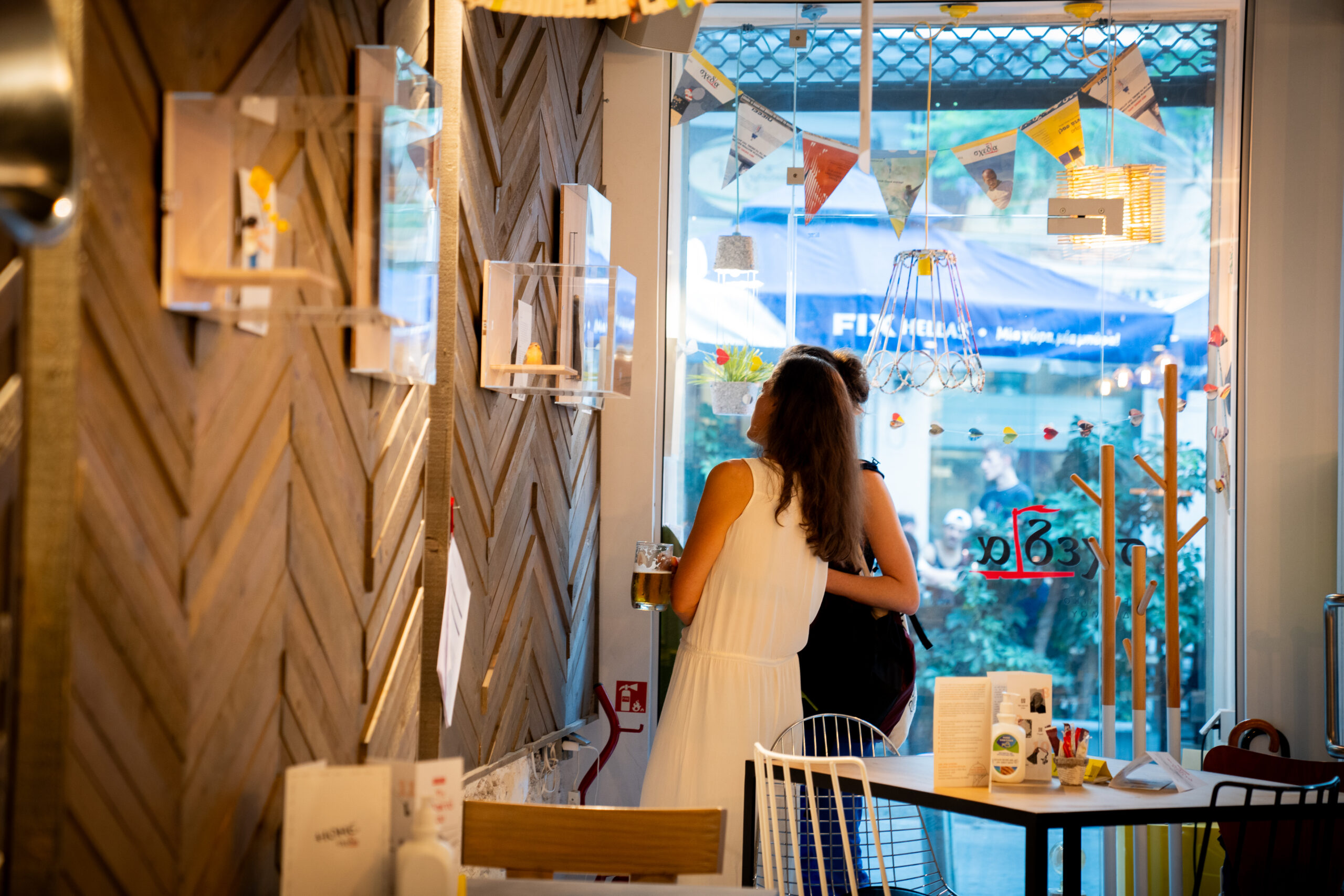
Exhibition “My Amulet” at Shedia Home in Athens, July 3 – 27 | Guided tours, educational activities and a live event
Which moments does a ruler measure? How far can a sparrow fly? How fast tempo can two old baguettes tap to?
Outcast Europe, through oral interviews, maps the routes of items that have served as points of reference during the journeys of their owners. It explores “bottom-up histories”, personal, familial and communal experiences of displacement and movement not only across, but also within borders.
“My amulet”, through personal items of Shedia street magazine vendors, listened to the experience of becoming a stranger to the places you once belonged to and gazed at the intersections of humane stories of loss and sorrow, patience and strength. The material items and the oral testimonies that where presented in the exhibition that was hosted at Shedia Home, and which were collected during the collection days in March and April, showcase movement and displacement as a continuous journey of people from different places and eras.

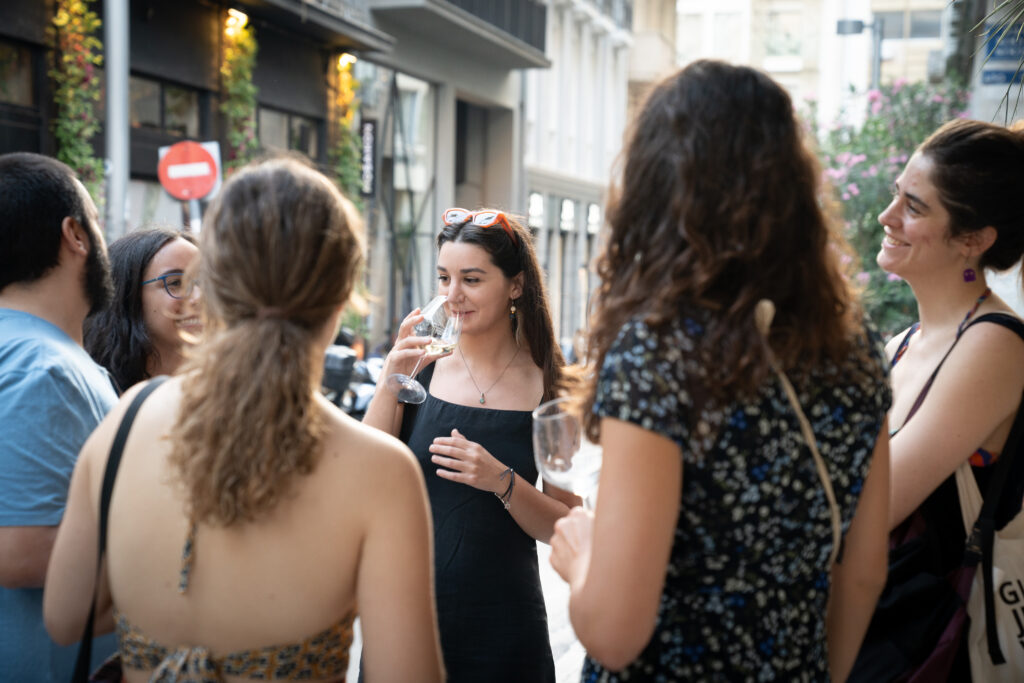
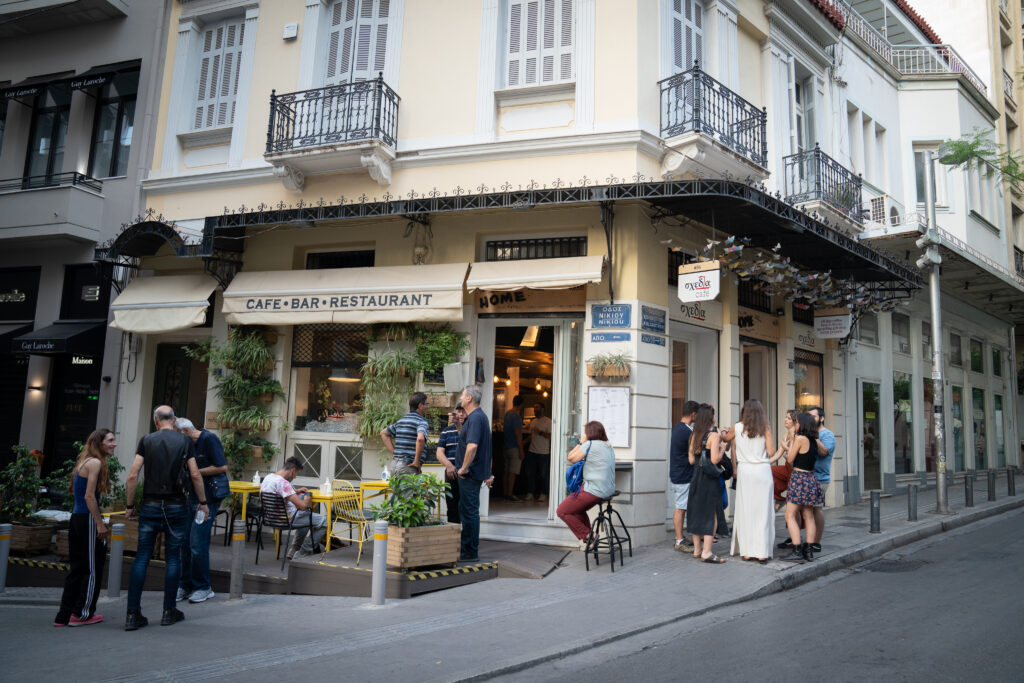
The exhibition opening took place on July 3. Friends of Inter Alia and Shedia, participants of previous collection days as well as of the literary call and, of course, the vendors that lent their items to the exhibition and shared their experiences, gathered at the café, in the centre of Athens, for a guided tour of the items that became alive and that brought a piece of their owners’ life at “My Amulet”.
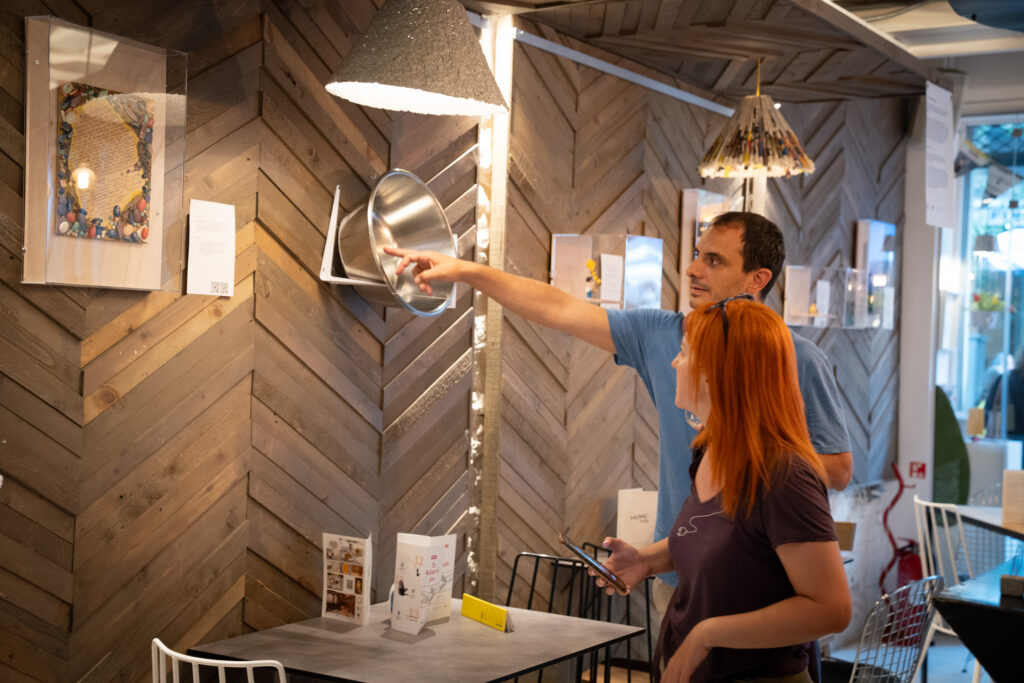
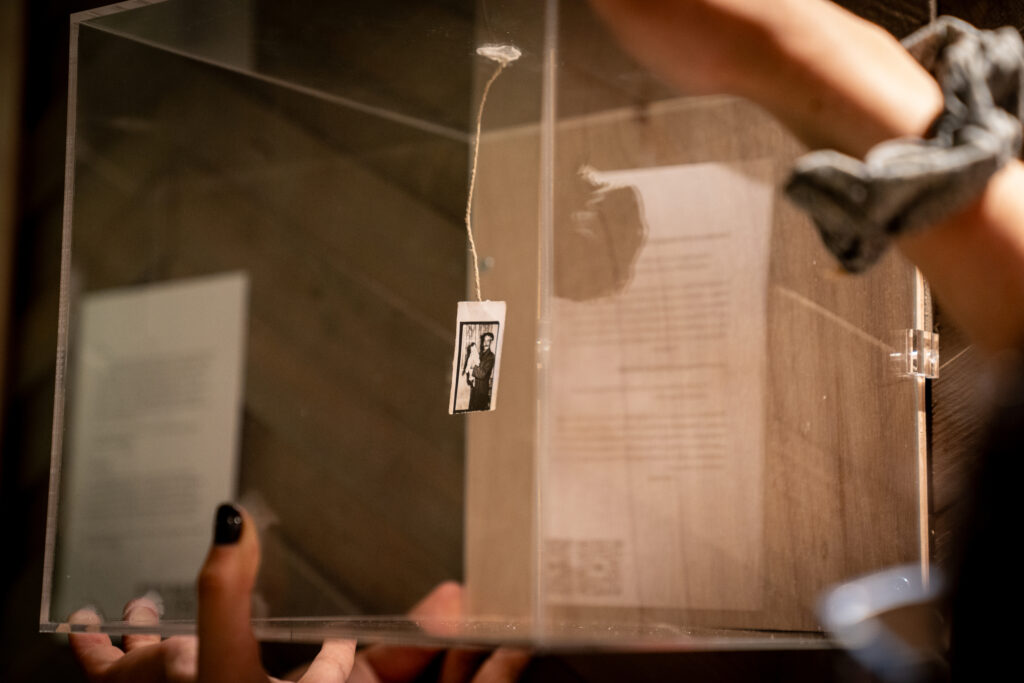

In the context of the exhibition, Outcast Europe carried out the educational activity “Items narrate the stories of ‘others'”, this time incorporating the “Amulet’s” items, with kids between the ages of 7 and 14. The activities of Outcast Europe are available online here.
A week before the end of the “Amulet”, Eliana Nikolopoulou, the person behind Eliana One Woman Band, made an appearance at the exhibition, for a blues-folk concert at the pedestrian area outside of Shedia’s café. She sang about displacement and alienation, borders and prisons, through original and cover songs, with sounds and melodies inspired from a musical genre that surfaced fromthe Afro-Americans’ struggles and was later a central form of expression for the working class – the Blues.
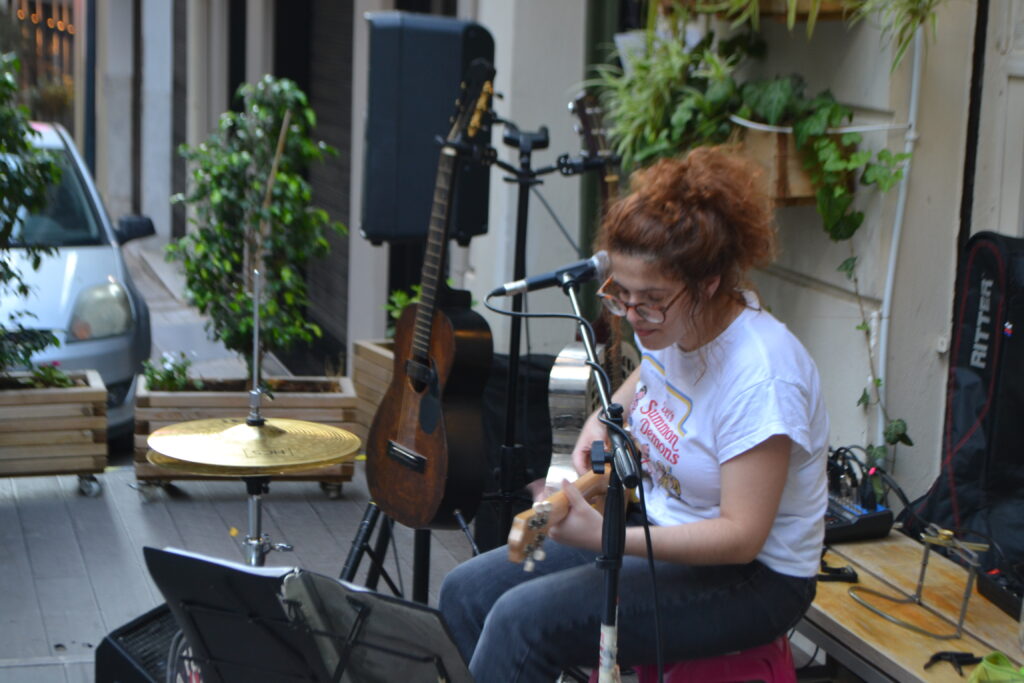
The exhibition is available online.
For more information about Outcast Europe and to stay informed about our future actions, you can contact Hara Papadatou (papadatou@interaliaproject.com) or Nikos Papakostas (papakostas@interaliaproject.com).
You can also find Outcast Europe on: Facebook | Instagram | Website




